Please login or click here to join.
Forgot Password? Click Here to reset pasword
The wonderful parapet, walls and high round towers of 14th-century Bodiam Castle are gloriously reflected in its broad moat. It is at once both eye catching and extremely attractive, evocative of the times centuries ago, when such buildings were constructed in defence of the Realm.
Bodiam was fortified on the orders of Richard II, at the time it was a manor house belonging to Sir Edward Dalyngrigge. In 1385, the concern was to defend the country from the French, the south coast was vulnerable, and the River Rother was then navigable as far as Bodiam. No sooner had the King's orders been carried out, the English regained control of the Channel, the year was 1388.
For centuries this proud building was left to fall slowly into decay, and it was not until early in the 20th-century when the castle was purchased by Lord Curzon that Bodiam was able to come back into its own. It had been previously acquired in the 19th-century by a local builder with the nick-name of "Mad Jack" his firm stripped the castle for use as building materials, yet strangely this man spent both time and money on the repair of the main gates.
Lord Curzon showed great sensitivity in his restoration of the castle walls, he also restored the surrounding landscape so that once more the castle in its lovely setting took on a "cherished" appearance. At his death in 1925 Lord Curzon passed Bodiam Castle to the National Trust, it remains in their care to this day.
Visitors to the castle will find it possible to climb the castle towers and walk along parts of the walls. From these medieval battlements there are stunning views over the surrounding countryside, thus making the climb worthwhile. At certain times there may be the opportunity to try on a suit of armour. Via new interpretation visitors can learn the fascinating story of Bodiam Castle, and of the people who have inhabited it.
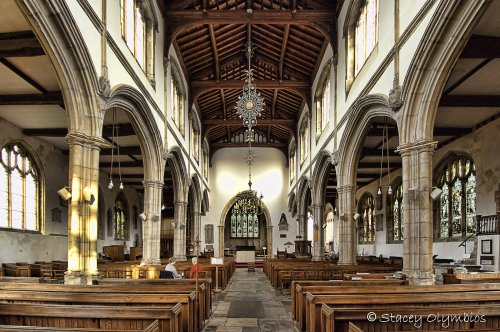
a Historic Market Town in the county of Kent
(6.5 miles, 10.5 km, direction N)Cranbrook is an old rural town of numerous streets and alleys, all still true to their medieval layout...

in the county of East Sussex
(6.7 miles, 10.7 km, direction S)Battle is a unique town in the county of Sussex built on the very site where William the Conqueror defeated king Harold of England and his Saxon army in 'The Battle of Hastings' in 1066...

in the county of East Sussex
(6.8 miles, 11.0 km, direction W)It is from his home in this very English village that Rudyard Kipling penned the wise and wonderful words of his poem 'If'...
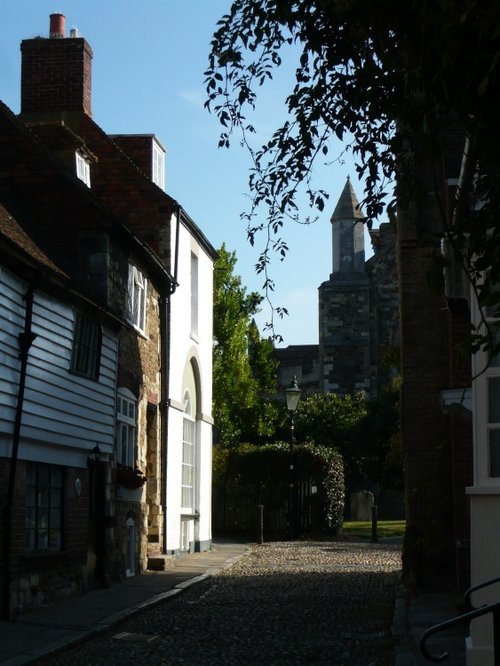
a Seaside Town in the county of East Sussex
(9.2 miles, 14.7 km, direction E)Rye is a picturesque and historic town with cobbled streets, medieval architecture, and panoramic views of the surrounding countryside...
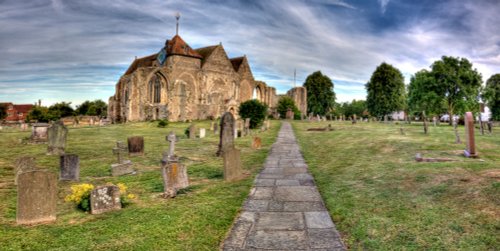
a Historic Market Town in the county of East Sussex
(9.2 miles, 14.8 km, direction SE)This is a pretty, busy little town tucked along a ridge overlooking Pett Level...
All towns in East Sussex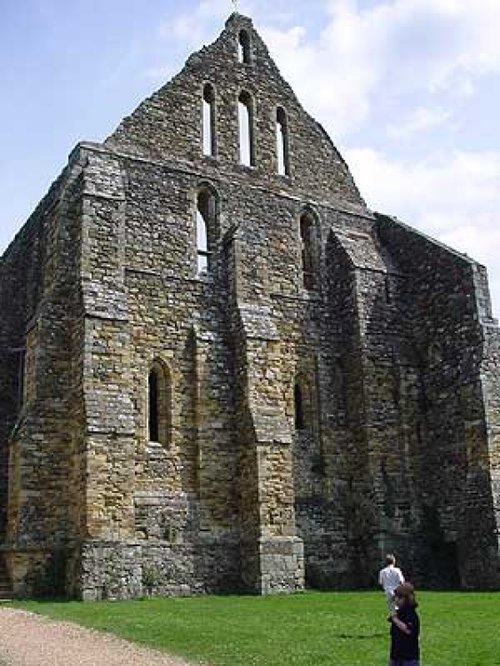
The Abbey Ruins - The pope ordered William the Conqueror to build an abbey in penance for the great loss of life. The abbey was.....

It is entirely fitting that one of the loveliest gardens in the land can be found in a county renowned for its beauty and.....
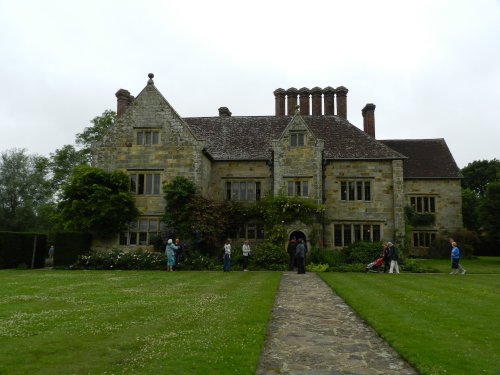
Bateman's was built in 1634. From 1902 until 1936 it became the home of Rudyard Kipling and is preserved as it was when he lived.....
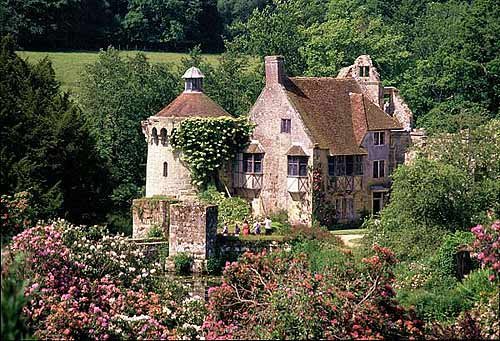
What could be more romantic than to wander amongst the ruins of moated Scotney Castle, believed to have been begun in the latter.....
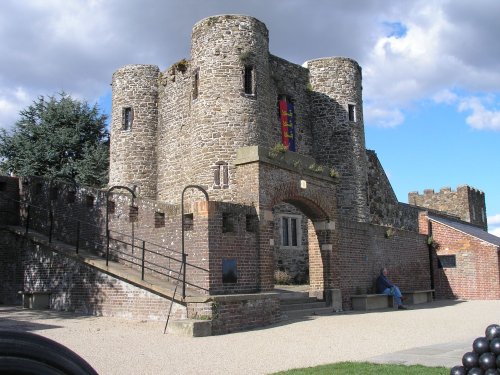
Rye Castle Museum, also known as 'Ypres Tower', in the beautiful maritime town of Rye, occupies a commanding position.....